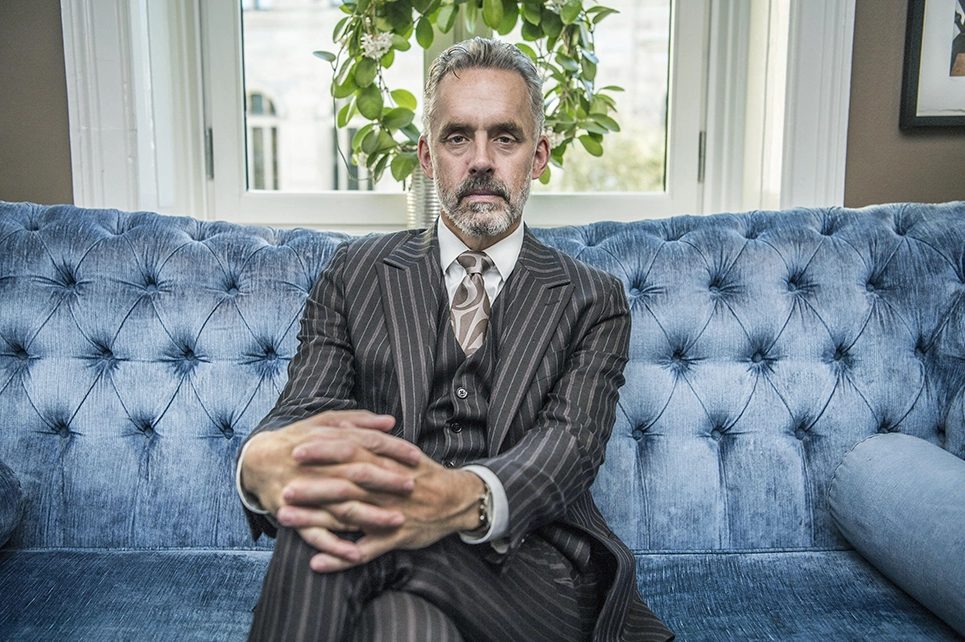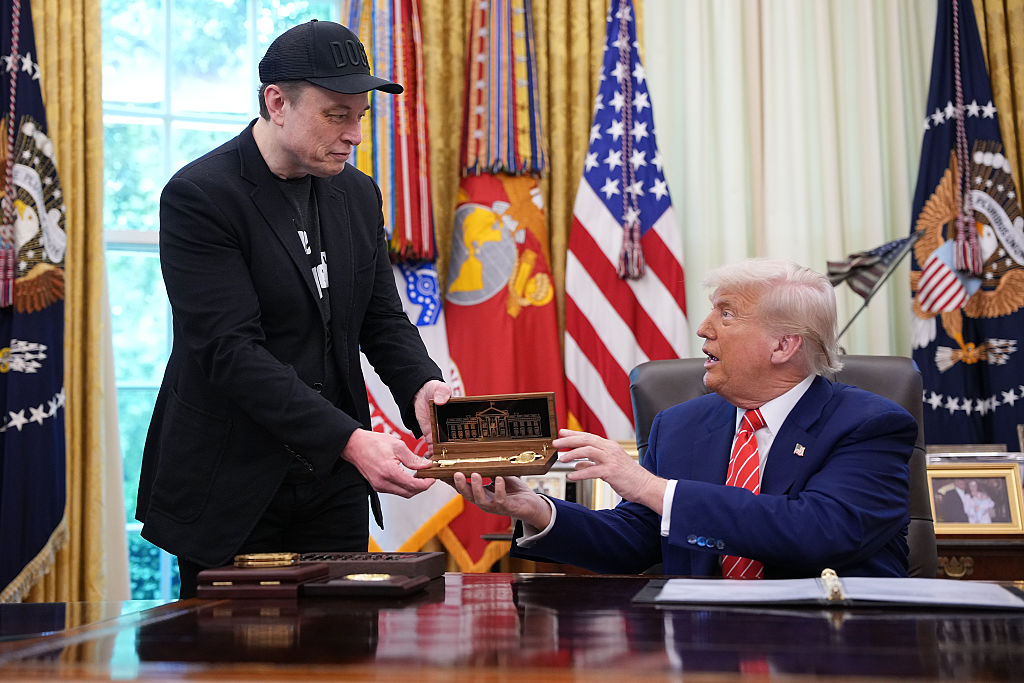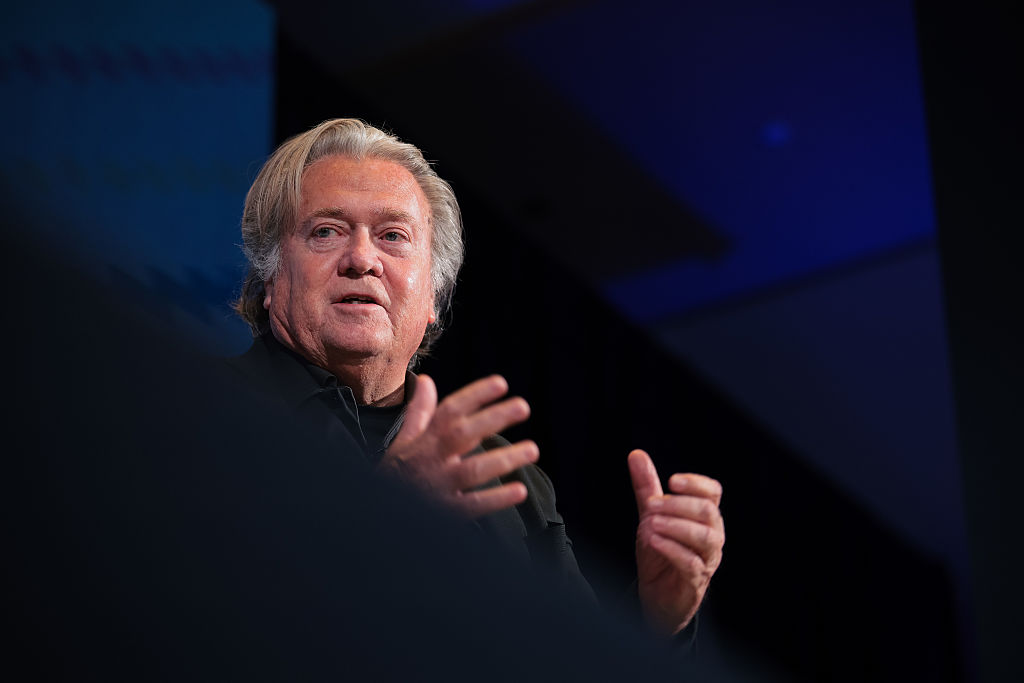Last August a bomb tore through a Toyota Land Cruiser outside Moscow killing its twenty-nine-year-old driver. Darya Dugina, a pro-war TV pundit, had been returning from a conservative literary festival where her father, an ultra-nationalist ideologue, had been giving a talk on tradition and history. Quite possibly he was the intended target. Alexander Dugin was called “Putin’s Brain” by Foreign Affairs magazine and “Putin’s Rasputin” by Breitbart. He had advocated conflict with the West and told Russians they should “kill, kill, kill” Ukrainians. Ukraine denied responsibility for the attack.
One way of thinking about the conflict in Ukraine is that it is a proxy war between the forces of modernity and tradition, and that Putin’s invasion is realizing ideas set out in Dugin’s 2009 bestseller The Foundations of Geopolitics. For Dugin, the fundamental geopolitical conflict is the West against the rest, with Eurasia leading the rest. In this he is following an old perspective called “Eurasianism,” which emphasizes the differences between the Slav peoples and the West, the former being orthodox Christians, the latter conceived of as colonialists forcing consumerist barbarism on a world that deserves better.
In this book Mark Sedgwick explains how Dugin’s thinking draws on the little known philosophy called “Traditionalism.” It’s a body of ideas that has inspired Steve Bannon, Jordan Peterson, more or less racist groups such as Germany’s AfD Party, tree-hugging environmentalists such as E.F. Schumacher, some of the barmier far-right corners of the darkweb and John Tavener’s music. Most improbably of all, Sedgwick cites it as underpinning King Charles III’s thoughts about how the modern world has gone so terribly wrong, particularly with architects who refuse to build according to the sacred geometry found in nature and instead “seem deliberately to summon up chaos rather than conjure up harmony.”
Traditionalism asserts that there is a sacred, primordial tradition that Western modernity destroys, leaving us godless, rootless and lost. While everyone in the West, from Hegel to Brian Cox, believes things can only get better as humanity progresses towards greater self-knowledge and material comfort, Traditionalism claims — and not just because of our current cost of living crisis — that things are getting worse. John Ruskin argued that the division of labor destroyed the human spirit, making us “small fragments and crumbs of life.” Søren Kierkegaard — writing long before Elon Musk bought Twitter — argued that communication is becoming more meaningless as it grows speedier. The word of God, he contended, cannot be heard through “empty communication that is designed merely to jolt the senses and stir up the masses.” Traditionalism agrees with these jeremiads and goes further.
Until his death in 1998, one of its leading theorists, the Swiss thinker Frithjof Schuon, lived in unspoiled woodland outside Bloomington, Indiana, in the primordial simplicity he appropriated from Native Americans, eschewing jeans and modern vulgarities in ways of speaking, to focus on the spiritual and the beautiful. His retreat was an antidote to the trash of modern life, like King Charles’s Highgrove or Roger Scruton’s Scrutopia, with a dash of Thoreau’s Walden.
Another leading Traditionalist thinker, the Italian philosopher Julius Evola, was an avowed fascist supporter whose ideas proved popular with Bannon when he worked to make Donald Trump president. Evola’s book Riding the Tiger argued that Traditionalism could not change politics, but that didn’t mean political action was pointless. As long as it was clear that “all that matters is the action and the impersonal perfection in acting for its own sake,” it was justified. Between 1969 and 1980, Sedgwick tells us, a neo-fascist group called Ordine Nuovo killed hundreds of Italians with terrorist bombs, inspired by Evola’s philosophy.
If you haven’t heard of Traditionalism, that’s not surprising. It’s an esoteric philosophy hardly devised to be generally understood. Its founding father, the Frenchman René Gueron, suggested that beneath all forms of religion, from Catholicism to Buddhism, there was a single, timeless tradition. Just as Socrates argued in Plato’s Republic that a noble lie is propagated by an elite to ensure social stability (an idea since borrowed by the neo-conservative thinker Leo Strauss), so for Gueron the superficial nature of religion, its exoteric public role, conceals its esoteric nature, only decipherable by the few.
How does Jordan Peterson come into this? The Canadian psychologist and bestselling author of the unremittingly butch 12 Rules for Life applies Traditionalism to politics, but with a twist. Gueron thought that the proper source of authority was spiritual. Peterson locates it in competence. Hierarchies, from lobster to human societies, are predicated on competence, which may well be produced by biology and tradition but have come to be seen by Marxists and their allies as only oppressively based on power and self-interest. The rejection of such political correctness leads Peterson to some interesting positions, to put it mildly. He argues that there is no such thing as white privilege, that it is folly for men to be less aggressive, since “aggression underlies the drive to be outstanding” and that patriarchy is a system enabling men and women to co-operate mutually beneficially. We need tradition to thrive, he suggests.
Sedgwick’s book works as an elegant primer to what, depending on your perspective, is either a dangerous idea or a truth that us mimsy, consumerist decadents would do well to attend to. But he ends with a disquieting thought. He cites Alain de Benoist, the journalistic colleague of Alexander Dugin, neo-pagan brains behind the French New Right, defender of white minority rule in Rhodesia and the sort of traditionalist who believes that Europe should be exclusively for white Europeans: “Modernity has given birth to the emptiest civilization humanity has ever known and is coming to end.”
What could the end look like? The horrors of Ukraine would be negligible by comparison. Sedgwick writes: “What might happen if, with the help of Identitarianism, real inter-ethnic conflict between Europe’s Muslim and non-Muslim populations developed doesn’t bear imagining.”
This article was originally published in The Spectator’s UK magazine. Subscribe to the World edition here.
























